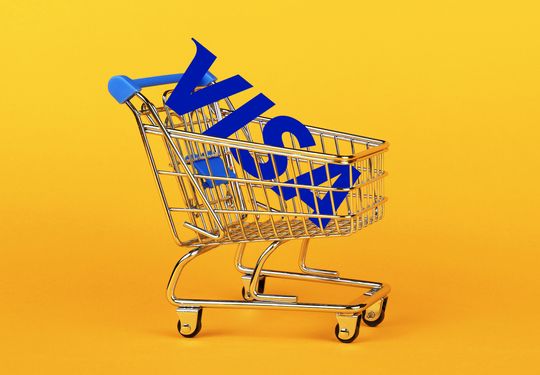There is ‘still recovery in travel left,’ CFO says
Visa shares gained 1.4% in after-hours trading Thursday after the financial-technology powerhouse topped earnings and revenue expectations for its latest quarter.
“The pulse of the consumer is normal and healthy and very stable,” Chief Financial Officer Vasant Prabhu told MarketWatch. Looking globally, Visa said people spent 46% more in the December quarter than they did in the comparable period in 2019.
That comes even as consumers continue to show a shift in spending preference to services and away from goods as they can leave their homes more.
Payments volume rose 7% in the fiscal first quarter on a constant-currency basis, while processed transactions increased 10%. Visa V, -0.08% saw 22% growth in cross-border volume, or 31% growth when excluding transactions within Europe.
Outgoing Chief Executive Al Kelly, who will step down from his role at the start of February, noted that the company benefited from a “continued cross-border travel
recovery.”
Prabhu said there’s “still recovery in travel left.” Travel to the U.S. has not gotten back to 2019 levels, he noted, as the strong dollar has an impact. China, meanwhile, is just reopening.
Airlines are “still adding capacity” and running quite full, more evidence that the travel rebound still has legs, in his view.
He noted on the earnings call that while China’s reopening presents an opportunity, it will take time for ticket prices to come down, consumers to get passports and visas, and flight capacity to increase.
“We expect most of the Mainland China travel recovery in the second half,” he said on the earnings call, according to a transcript provided by AlphaSense/Sentieo.
While the company has seen “remarkably stable” trends, Visa has contingency plans in case economic conditions sour.
Prabhu told MarketWatch that Visa could slow hiring, cut back on travel and reduce expenses in other ways if need be, “but this is a business where you have to invest in the future and if you don’t, revenue won’t be there several years from now.” Visa “will never give up” investments, but could moderate them in an adverse economic climate until conditions improved, he said.
The company generated fiscal first-quarter net income of $4.18 billion, or $1.99 a share, compared with $3.96 billion, or $1.83 a share, in the year-before quarter. On an adjusted basis, Visa earned $2.18 a share, up 21% from a year earlier and ahead of the FactSet consensus, which was for $2.01 a share.
Revenue rose to $7.94 billion from $7.06 billion, while analysts were anticipating $7.70 billion.
During the December-ending quarter, Visa bought back 15.6 million shares of its class A stock at an average price of $198.74, for a total of $3.1 billion. The company had $14.0 billion left on its buyback authorization as of the end of 2022.
Visa’s report follows that from Mastercard Inc. MA, -1.35% earlier Thursday. Mastercard beat earnings expectations for the holiday quarter while calling out “remarkably resilient” consumer spending.
Fellow payments giant American Express Co. AXP, -0.57% will deliver its own results before Friday’s opening bell.
Visa shares have advanced 8% so far this year as the Dow Jones Industrial Average DJIA, +0.61% has climbed about 2%.

